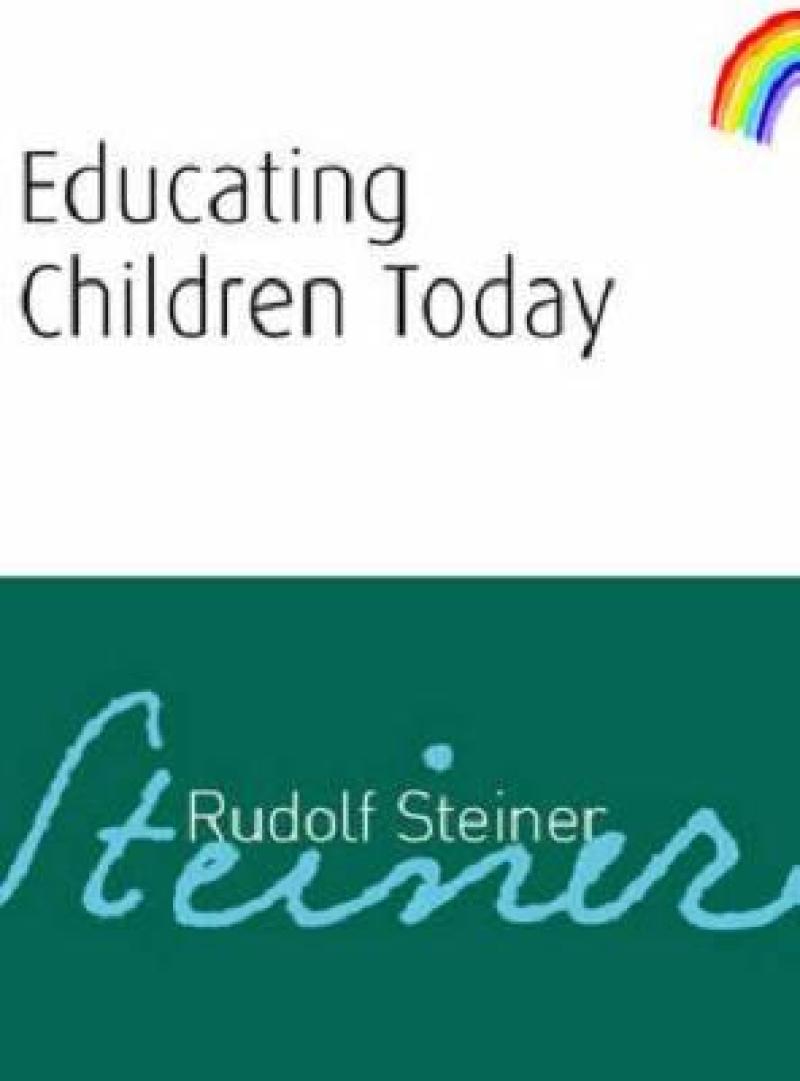spacer "Vague and general phrases...cannot provide the basis for a genuine art of education, which depends on real knowledge of the human being. It is not that such phrases are wrong, but that they are as useless as saying that all parts of a machine must be made to work together harmoniously. To make a machine work you have to apply real, detailed knowledge, not phrases and truisms. For the art of education likewise, what is important is specific insight into the way the human being is constituted, and how each aspect develops." In his earliest and most succinct statement regarding education, Rudolf Steiner describes the stages of childhood development and explains why it is important to introduce aspects of the curriculum at specific times. He relates developmental steps in children to the "births" of the non-physical aspects of the human being: the etheric body that accompanies the change of teeth, the astral body that becomes apparent at puberty, and the birth of the "I" that heralds the individual's maturation to adulthood. Without this knowledge, says Steiner, well-meaning but misguided educational theory and practise can cause harm.
Les mer
Produktdetaljer
ISBN
9781855842069
Publisert
2008-06-04
Utgiver
Rudolf Steiner Press
Høyde
135 mm
Bredde
100 mm
Aldersnivå
G, 01
Språk
Product language
Engelsk
Format
Product format
Heftet
Antall sider
88
Forfatter
